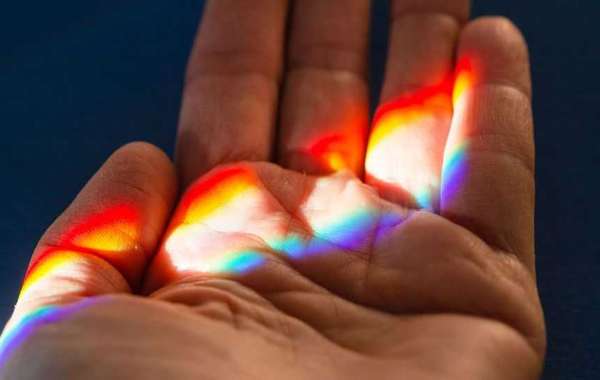LSD, or lysergic acid diethylamide, remains a fascinating yet controversial substance in the realm of psychedelics. Its history is intertwined with both scientific intrigue and societal turbulence, often sparking intense debates about its effects, benefits, and risks. Initially synthesized by Swiss chemist Albert Hofmann in 1938, LSD wasn't recognized for its psychedelic properties until Hofmann accidentally ingested it in 1943. This serendipitous event led to the discovery of its mind-altering capabilities, giving birth to an era of scientific exploration and countercultural movements in the 1960s. The effects of LSD are diverse and unpredictable. Consuming this substance can lead to profound alterations in perception, sensory experiences, and introspective insights. Users often report vibrant visual hallucinations, synesthesia (the merging of senses), and a heightened sense of connectedness to the universe. Such experiences have led researchers to explore LSD's potential therapeutic benefits, particularly in treating conditions like depression, anxiety, and PTSD. However, the uncontrolled and unsupervised use of LSD can pose significant risks. Bad trips, characterized by overwhelming fear, paranoia, and confusion, are not uncommon. Moreover, the lack of quality control in illicit substances can result in unintended physical and psychological consequences, leading to potentially traumatic experiences. Research into the therapeutic applications of LSD has shown promising results. Studies suggest that when administered in controlled settings, under the guidance of trained professionals, LSD-assisted therapy may help individuals navigate deep-seated traumas, unlock creative potential, and provide profound spiritual experiences. Nevertheless, regulatory hurdles and societal stigmas have hindered widespread acceptance and exploration of these therapeutic avenues. The legality of LSD varies across the globe. Many countries classify it as a Schedule I controlled substance due to its potential for abuse and lack of recognized medical use. This classification restricts research and creates barriers for those advocating for its legitimate therapeutic applications. Moreover, the resurgence of interest in psychedelics, including LSD, has prompted renewed discussions on decriminalization and regulation. Advocates argue that responsible use, paired with education and harm reduction strategies, could minimize the negative consequences associated with its illicit use while allowing for further scientific exploration of its potential benefits. Individual experiences with LSD are deeply subjective. Set and setting, the user's mindset and the environment in which they take the drug, play pivotal roles in determining the nature of the experience. Advocates stress the importance of intention, preparation, and integration to maximize the positive outcomes of an LSD journey. In conclusion, LSD remains a complex substance, holding both potential for therapeutic breakthroughs and risks for those who use it recreationally. Its enigmatic nature continues to fuel discussions among scientists, policymakers, and the general public. The key lies in responsible exploration, where scientific inquiry, education, and mindfulness converge to unlock the true potentials of this controversial psychedelic compound.
Search
Popular Posts
-
 Купить диплом с бесплатной доставкой: Успешное будущее на расстоянии одного заказа
Купить диплом с бесплатной доставкой: Успешное будущее на расстоянии одного заказа
-
 Квартиры на сутки в Минске без посредников
Квартиры на сутки в Минске без посредников
-
 Закажите необходимый диплом или аттестат на оригинальном бланке
Закажите необходимый диплом или аттестат на оригинальном бланке
-
 Dissertation Proposal - Guide 2023
By VirAuxilo
Dissertation Proposal - Guide 2023
By VirAuxilo -
 Le taux de buts de Bale au Pays de Galles est neuf fois supérieur à celui du Real Madrid
Le taux de buts de Bale au Pays de Galles est neuf fois supérieur à celui du Real Madrid



